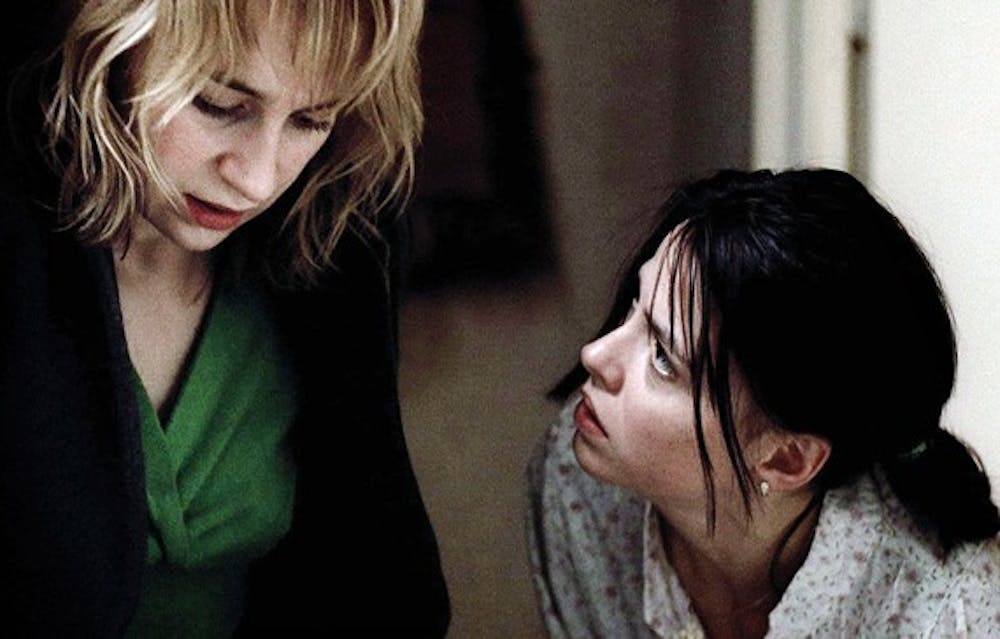An unlikely nation has captured the attention of cinephiles across the globe. Since 2005, four Romanian films have won major awards at the Cannes Film Festival, leading observers to announce that a Romanian New Wave has arrived. While some debate over whether a unified new wave actually exists, the films emerging from the country undoubtedly share striking stylistic and thematic elements.
In 1945, Romania fell to an oppressive Communist regime. The Ceausescu era, beginning in 1965, was especially traumatic for the Romanian people, as government policies devastated the economy and imposed a rigid police state. However, the regime came crashing down in 1989 after a bloody revolution, ushering in a shaky transition to democracy.
This historical shift from totalitarianism to free market capitalism is examined by many Romanian directors. Their films look at the effects of political transformations on the level of the individual, as characters attempt to make sense of their new society. While quality of life has clearly improved, these characters are nevertheless disoriented by the rapidly changing world around them, ambivalent to authority and to the growing bureaucracy.
Unsurprisingly, the New Wave is grounded in minimalism. Takes are extremely long with little camera movement, and plain lighting is used throughout. These choices are obviously an attempt to achieve a quasi-documentary aesthetic, yet they are likely a result of limited funds as well. The narratives are often very simple, focusing on a specific moment in a character’s life. Yet, these situations reveal existential dilemmas and offer larger commentaries on Romanian society, as the following successful films demonstrate.
The Death of Mr. Lazarescu (2005), a darkly humorous account of one man’s search for proper medical care, was the first New Romanian film to gain international recognition. After suffering with a migraine for hours, Mr. Lazarescu calls for an ambulance. Over the course of the night he travels from hospital to hospital, yet the incompetence he encounters along the way eventually leads to his death. While an indictment on Romania’s health care industry, the film is also a critique of bureaucracy, as the character cannot secure individualized attention and becomes an anonymous fatality.
4 Months, 3 Weeks and 2 Days (2007) won the Palme d’Or at Cannes. Set in 1988, the film follows Otilia, a woman who helps her friend obtain an illegal abortion. They rent a hotel room and hire a black-market doctor, one of the most terrifying characters in recent memory. Yet, despite its subject matter, the film really isn’t about abortion; it’s not interested in proselytizing. Instead, it offers a portrait of life under communism, and while it’s easy to isolate such trauma in the past, the tension between individual subjectivities and social institutions (including the family) rings true today.
Police, Adjective (2009), which opens tomorrow at the Ritz, is about a cop who refuses to arrest a student for possession of marijuana. He believes the law against pot will soon change, and can’t bear to ruin this boy’s life by sending him to prison. Thus, the film is about the tension between one’s professional duties and one’s conscious. Its climax is not a shootout, but a debate over dictionary definitions — specifically, whether the word “moral” is in the definition of “law.” The cop’s chief tells him that it isn’t, essentially forcing him to give up his personal beliefs in order to serve the state.
The Romanian New Wave is still going strong. IFC just secured distribution rights for Tales from the Golden Age, an anthology film about urban myths widespread during Ceausescu’s regime. Though a release date has not yet been announced, we will, of course, be first in line.







